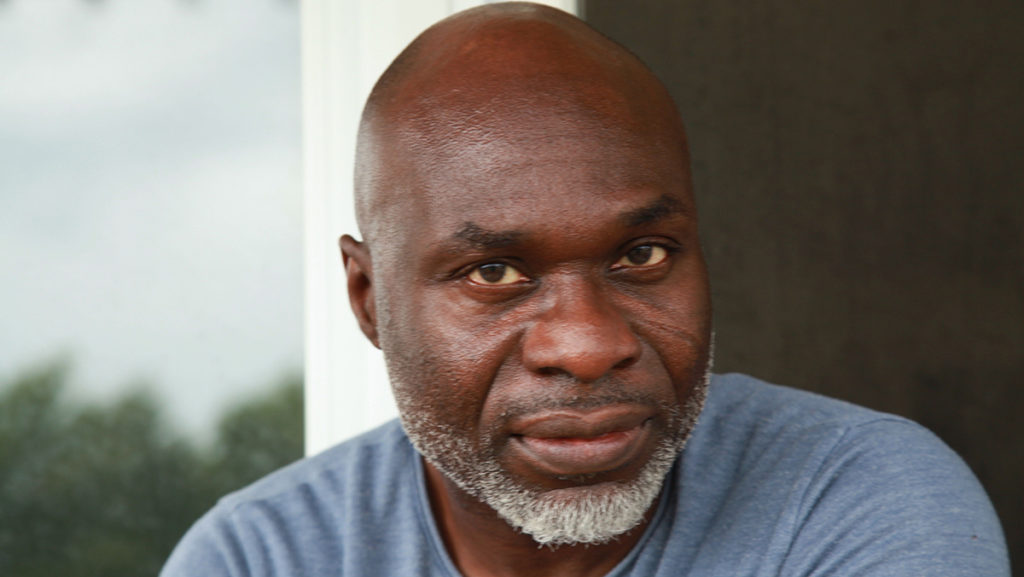Karen Edwards, associate professor in the Ithaca College Department of Health Promotion and Physical Education, participated in the 2020 Massachusetts Institute of Technology Grand Hack, an annual event that encourages innovative solutions to health care issues.
The program has a competitive application process and only approximately 400 people across the world are chosen to participate, Edwards said. The competition took place in early October. Because of the COVID-19 pandemic, the event was held virtually. Edwards, a first-time participant, worked with a team consisting of a recent Princeton University graduate working in Philadelphia, a CEO of a virtual reality learning firm in Massachusetts, an industrial design student in India, a leader in the Veteran Affairs health care system in New Mexico and a traumatic brain injury patient living in Boston.
Opinion Editor John Turner spoke with Edwards about what she learned at the event and how events like the MIT Grand Hack would benefit students.
This interview has been edited for length and clarity.
John Turner: What was the problem that you worked on at the Grand Hack?
Karen Edwards: Our problem was specific to measures of physical activity. Digital clinical measures of activity was my track. We designed a peer–to–peer measurement tool that could use the augmented reality and artificial intelligence on people’s phones, like cameras, to measure people’s gait speed and other measures, clinical measures of performance while they’re in someone’s home. This would allow for grandkids or adult children to measure the gait speed and sit to scan speed for elderly family members and then be able to upload that to a physical therapist’s office without needing the physical therapist to be there. The project was designed to essentially capture early measures of degradation of physical health using family members instead of health professionals.
JT: How was the program different this year?
KE: The program was different because it is regularly in person, and, this year, because of COVID-19, it was done over Zoom and Slack. … So the opening session, you had to propose a problem, and then people who had the same affinity towards that problem kind of grouped up that first night, and, within three hours of talking to different people, you pretty much had your team formed. So our team was six people who were interested in either neuropathy in diabetic patients or just degradation and the physical health of elderly population. We started off thinking broadly about the problem, and then considered some successful solutions and thought about how one of the major problems is that once you get issues in your feet, like neuropathy and having a lack of sensation in your feet, you’re almost too far gone for medical intervention to cause a lot of improvements. So we thought to capture that information a lot sooner would be valuable. That’s kind of what we focused on with our project. The group that won covered the same problem, but their solution was socks that you put on that measured certain weight–bearing points on people’s feet.
JT: How will you take what you learned at the event and bring it into the classroom?
KE: Because we’re all remotely learning and students find challenges with the Zoom environment, I now understand virtual learning better now. Because I was in a team, we had to negotiate. One of our teammates was in India, so she was sleeping while we were awake and vice versa. We also had to negotiate workloads and work speed. It really helped me to understand how the new virtual reality creates a dynamic that’s never going to go away, even if we all come back to campus. … I think that this might be a good pilot for us to see the potential for our campus schools to start working together more.
JT: What did you take away from the competition and why did you want to participate in it?
KE: I did it because I like to create innovative learning experiences for my students, and I felt like I needed to walk the talk and feel what it feels like to create a solution as a group. We want students to recognize the value of interprofessional education opportunities. This was my way of immersing myself in an interprofessional educational opportunity so that I could learn how to design one for the campus. We’re working now on designing a hack for Ithaca College students for February. It’s going to be campuswide and tied to the [Integrative Core Curriculum] somehow so that students in architecture and music can start working with students in physical therapy and health care management. … I really just want to design a product, an educational program for Ithaca College, so I thought I should go through one before I say that it’s something that’s worthwhile.
JT: How did that change how you feel about group work?
KE: The world works in groups, and the most important thing I learned was that our failures drove us further. Every time we thought of something and it didn’t work, we thought of new things. There’s almost this illusion of perfection that students have that a group is going to congeal and find the right solution right away. But it’s the process of going through the iterations and the failures that give you ideas that really promote innovation. If we want people to be bold, and have a campus of bold thinkers, we need to allow students to have these experiences where they can fail forward and fail well and learn from those mistakes.














